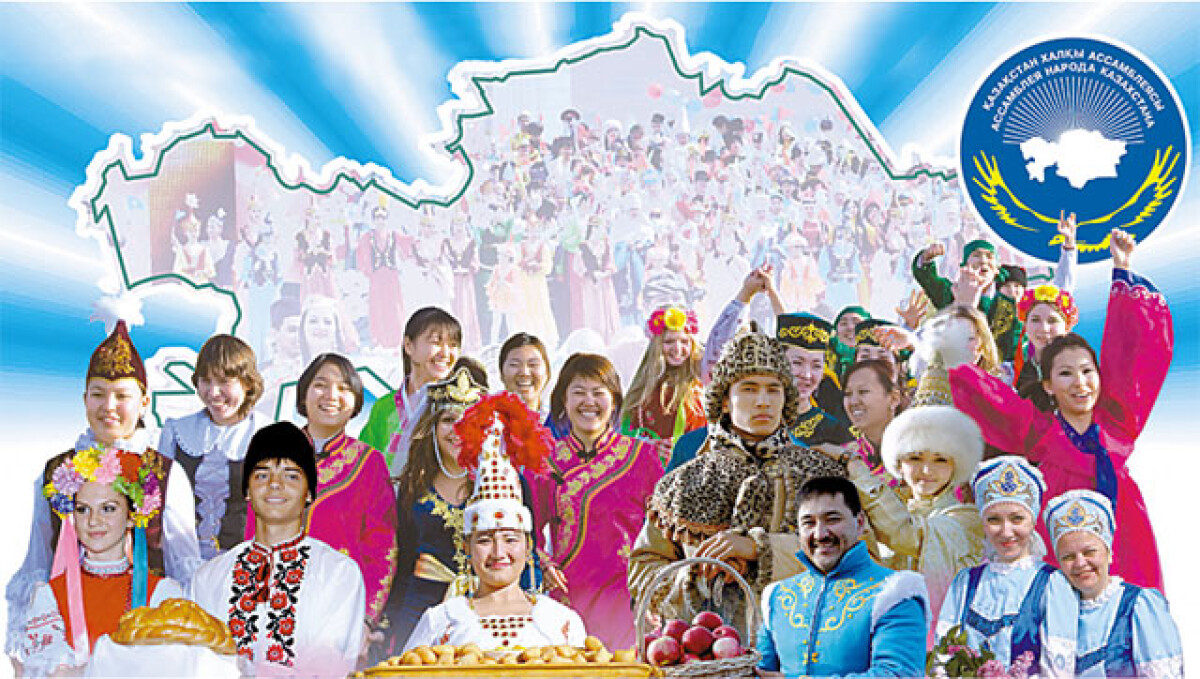
Formed by the decree of the president of the Republic of Kazakhstan on March 1, 1995, the Assembly of the people of Kazakhstan takes the central place in system of the state national policy. Integrating over 820 ethnocultural associations, it became the key link of a public consent combining possibilities of civil society and the state. Not having analogs in the world this unique institute of civil society, became on the present body of national diplomacy. For years of the work the Assembly turned into the coordinator of work of the central and local executive bodies of the power for interethnic development. It is work covers information, educational, educational, legal, and also the international aspects of providing an interethnic consent.
The chairman of Assembly is the President – the guarantor of the Constitution, and it defined its high political status. Decisions of its supreme body – session of ANK are obligatory to consideration by all government bodies.
In Kazakhstan works 88 ethnic comprehensive schools at which training is conducted in the Uzbek, Tajik, Uigur and Ukrainian languages. At 108 schools languages of 22 ethnoses are taught as an independent subject. In 190 specialized linguistic centers languages of 30 ethnoses are studied.
Annually in the Palace of Peace and Reconciliation there takes place session of Assembly of the People of Kazakhstan. In the building the centers of ethno-cultural associations work. In 2010 together with Assembly in the Palace of Peace and Reconciliation the Museum of national suits was open.
